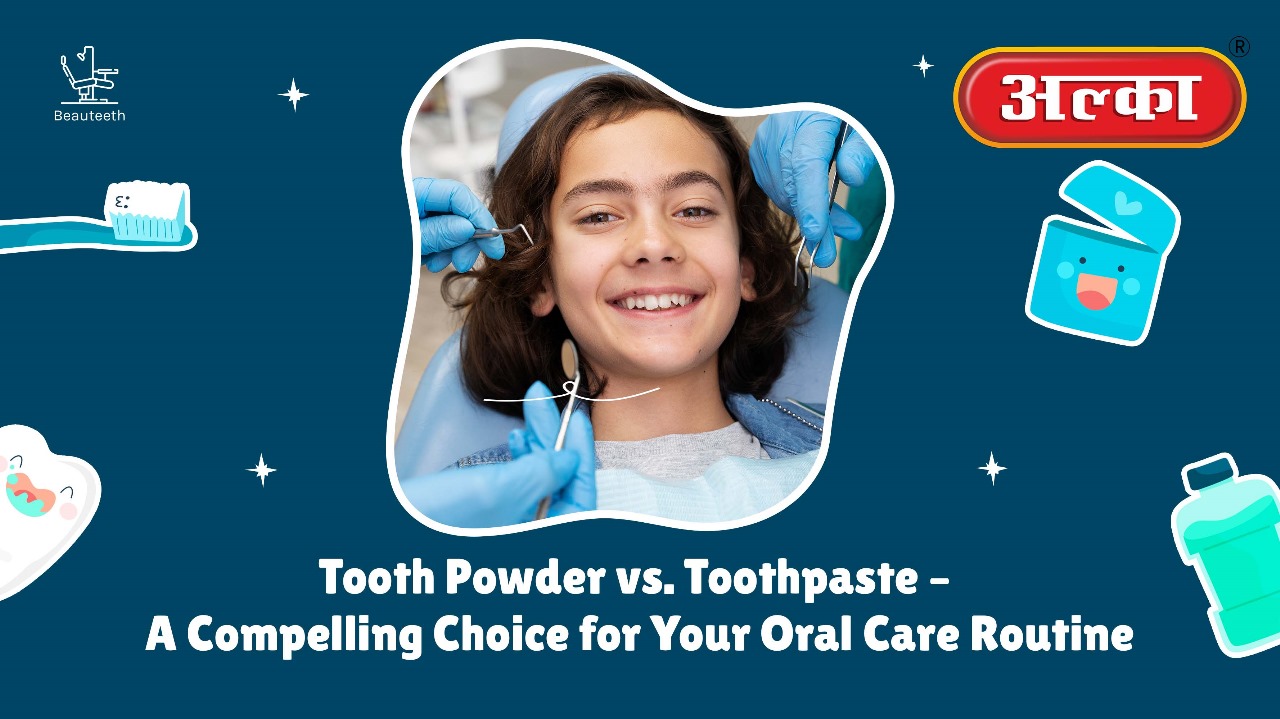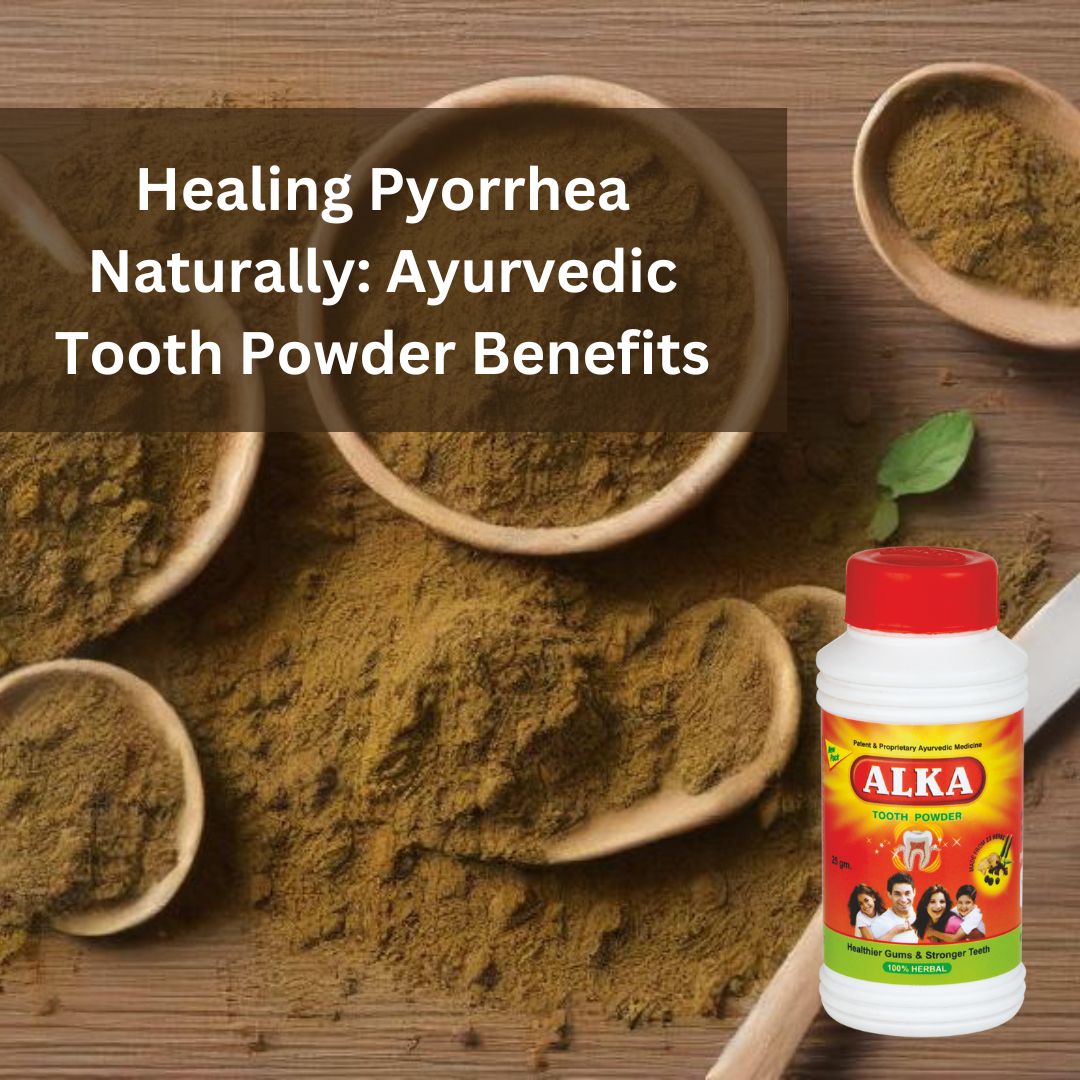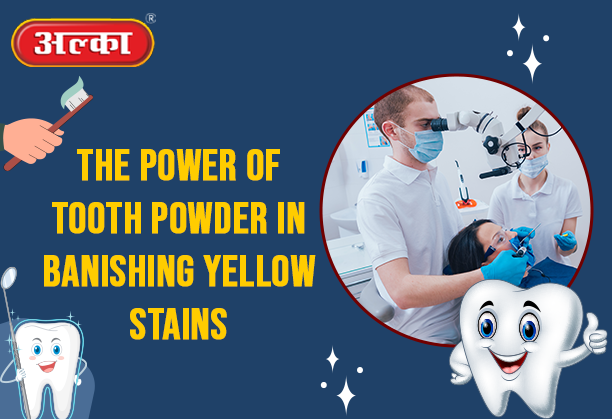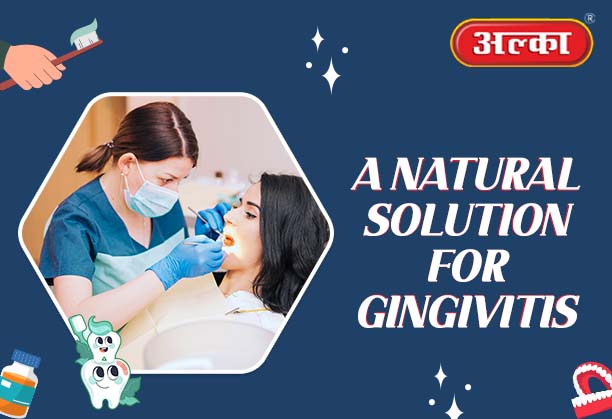How are you supposed to choose between your standard toothpaste, natural toothpaste and toothpowders when the shelves of the drug stores are lined with options for how to keep your teeth clean and white?
A few of the smaller companies have even produced strange-looking powders that they claim would clean teeth just as well as, if not better than, the tubes of paste you used to use.
For many years, toothpaste has been offered in tubes, and today, toothpaste predominates in retail oral care aisles. It isn’t the only substance available for use in tooth brushing, though. Because it is typically packaged in glass jars rather than plastic tubes, tooth powder is growing in popularity. How does toothpaste compare to powder, though? As you learn about the similarities and differences, decide whether you want to test a new product.
According to Ayurveda, cleaning the teeth is a crucial component of the morning Dinacharya practice. Because of their potent capacity to scrape and remove Ama (toxins), historically in India, teeth were cleaned with herbs that produced a bitter, pungent, and astringent flavor. Additionally, due to its connection to the Kapha Dosha, the mouth accumulates waste on a daily basis. This is particularly noticeable in the mornings after the body has spent a significant amount of time in a Kaphic state of sleep.
However, historically, individuals did not use plastic toothbrush bristles or tubes of paste that were enclosed in plastic to brush their teeth. Instead, chewing sticks such as neem—which was organically growing in nature—would be employed. If not, people would make their own natural herb toothpowders at home.
Inspired by the ancient wisdom of our forebears in oral care, we’ve meticulously crafted the Best Ayurvedic Tooth Powder. This unique blend is designed to fortify your gums, offering a proactive solution to issues like bleeding gums and toothaches. The development of toothpaste, however, together with very astute marketing, has taken the western world by storm since the 19th century. So much so that it looks unusual to see a jar of toothpowder on the shelf of a health food store or drugstore.
Additionally, the environment and your body both pay a high price for using conventional toothpaste. The majority of these pastes contain poisonous additives including fluoride, preservatives, binders, foaming agents (no foaming agents, no foam), flowing agents, and synthetic flavors and colors. After that, they are contained in single-use plastic containers that will never decompose organically in the environment.
This implies that all of the components of the plastic tube will eventually seep into the earth, the water supply, the plant and animal life, and ultimately return to our bodies. Switching to our Best Ayurvedic Tooth Powder can help you maintain good dental health and lead a healthy lifestyle.
We offer a traditionally-inspired, but very modern-day choice for dental-cleaning in our Best Ayurvedic Tooth Powder. It is made of 100% natural and organic ingredients that are all born of this earth (rather than a petri dish), this tooth powder is hand-made with great care and love.
Not only that, but our Best Herbal tooth powder has a cleansing effect on the digestive system with ingredients, such as Babool, Tejfal, Amla and much more that gently cleanse the digestive tract and remove stagnant impurities.
The two products, toothpaste and tooth powder, differ in a few ways. Thickeners and humectants, which make toothpaste continuously moist and smooth, are frequently found in toothpaste. Since tooth powders are designed to be dry, humectants are absent from them. To aid in whitening, some tooth powders, depending on the brand, also include charcoal, clay, herbs, or other natural components.
CONCLUSION
The decision between tooth powder and toothpaste ultimately comes down to your oral hygiene goals. The goal is to maintain regular and thorough oral hygiene habits, regardless of whether you choose the scientifically designed protection of toothpaste or the holistic and natural advantages of tooth powder.
Making this decision requires taking into account your own tastes, concerns for your health, and environmental ideals. Remember that the greatest oral care regimen is one you can maintain over time and that supports your overall health objectives.




